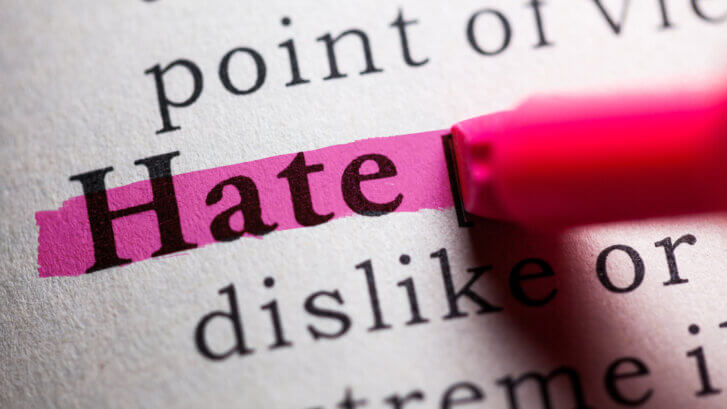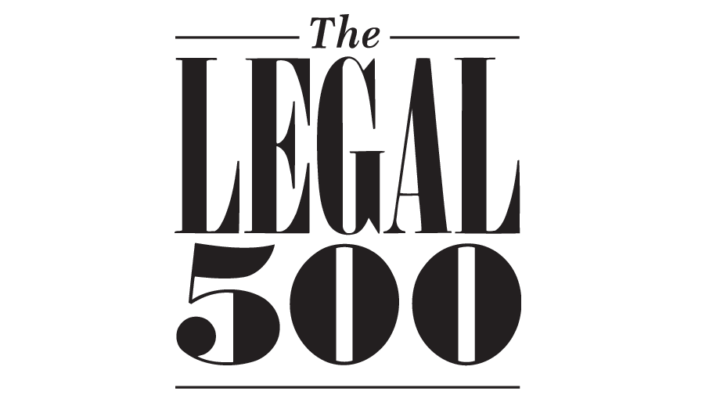Juries won’t convict without a clear understanding of when bad behaviour turns criminal, writes David Hardstaff for The Times
In what would be a surreal headline only a few years ago, it was recently announced that JK Rowling – author of the multimillion selling Harry Potter novels – will not be arrested under Scottish hate laws.
The Hate Crime and Public Order (Scotland) Act 2021 came into effect at the beginning of this month and created offences of “stirring up hatred” in an effort to tackle crime against defined groups. The controversial offences sit in a growing category of laws that seek to criminalise behaviours considered contrary to modern progressive standards.
Many of these new offences look sensible at first glance – who would not want to crack down on “hatred”? Of course, behaviour that takes away someone’s independence and dignity should not be tolerated. There should not be a “rough sex” defence to serious violence (and there isn’t).
The problem is that several of these targeted behaviours are extremely difficult to define, and even more difficult to reach a consensus as to when the threshold for criminality is met.
This article was first published in The Times on 11 April 2024; to read the full article please click here.




